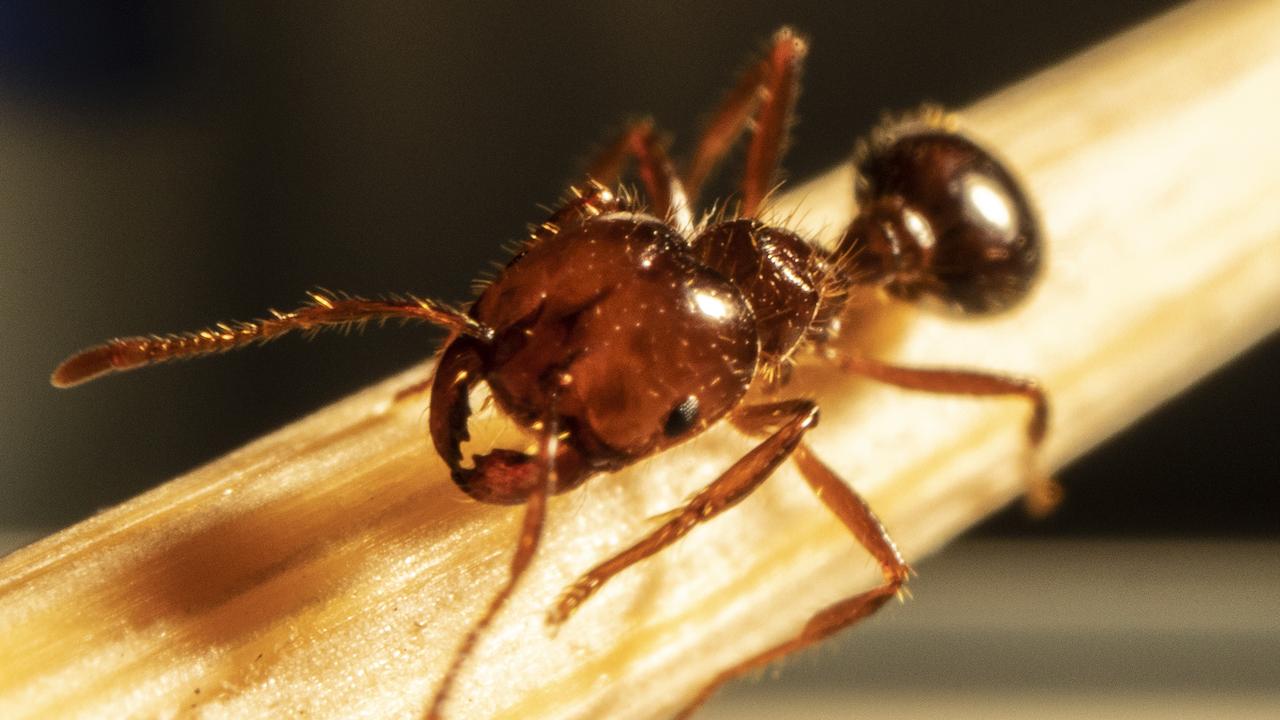Dog attacks: Warning as one child a week hospitalised due to dog bites
Doctors are calling for a public health safety campaign as new research reveals more children are suffering serious injury due to dog bites, usually by the family pet. See the list of breeds
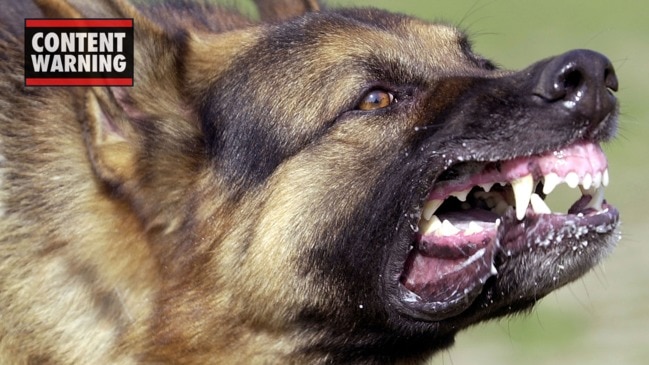
NSW
Don't miss out on the headlines from NSW. Followed categories will be added to My News.
One child a week is being admitted to hospital with serious dog bite injuries and doctors are calling for a public health safety campaign.
Research conducted by plastic surgery staff at the Sydney Children’s Hospital has also revealed dog bites in children is costing the NSW health system an average of $483 for each child admitted to hospital.
The study looked at 356 dog bites and attacks on children between 2011 and 2020.
Specialist plastic surgeon, Dr Pouria Moradi, said most of the injuries in children aged up to four were to the head, face and neck region.
“The main injuries we see in the face region are bites to the cheek, lips and nose and dogs have blunt teeth, so most the injuries are tearing injuries,” Dr Moradi said.
“At the kid’s hospital we only see the severe injuries, so that doesn’t take into account the little dog bites that go to GPs or the emergency department, the ones we see are on the more severe end.
“The worst ones are the maulings with multiple areas and those that end up in intensive care, trauma to the face and arms.”
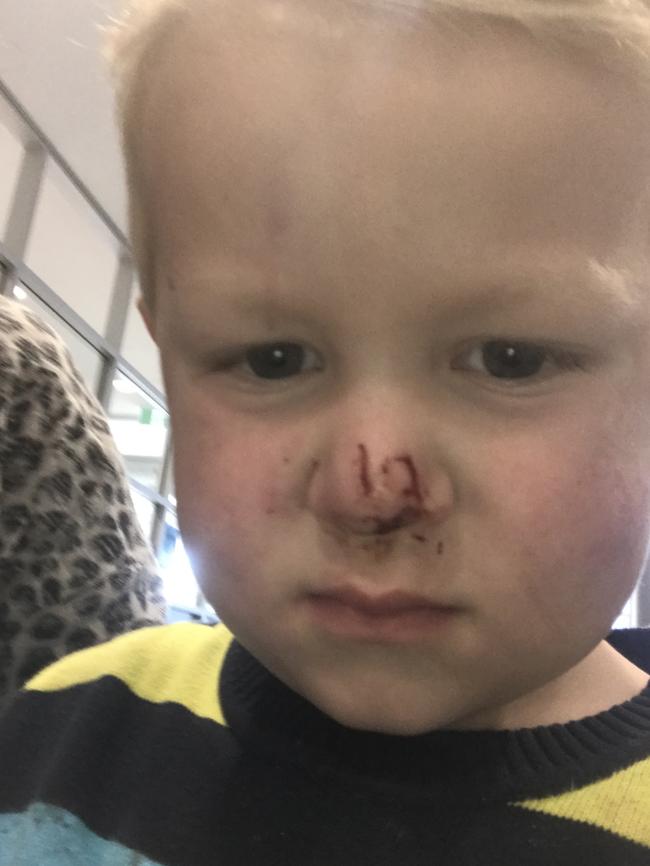
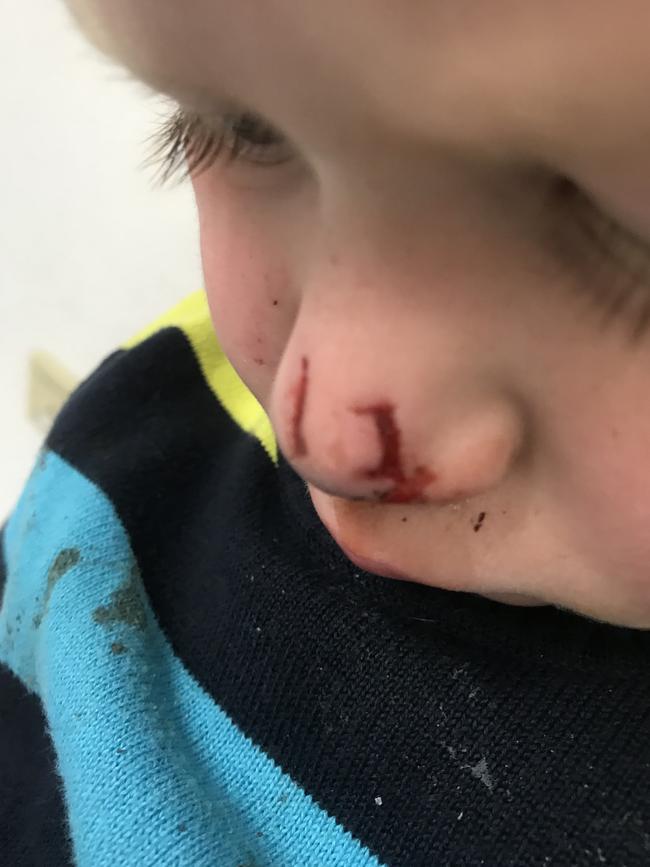
The research found the average age for a dog victim was five and the family dog is responsible in 49 per cent of cases.
The most common breed at fault was the pit bull, which accounted for 10.3 per cent of injuries.
Surprisingly labradors were the next breed, responsible for 8.5 per cent of bites followed by rottweilers (6.8 per cent) bulldogs (6 per cent) and border collies (6 per cent.)
“Half of the injuries are the family dog but the next biggest group are dogs known to the family,” he said.
Labradors are the most popular breed of dog in Australia and their number in comparison to other breeds accounts for the higher number of attacks.
“And I guess labradors, people trust them and trust them around kids, you’d never leave your two year old around a german shepherd but you’d be more inclined to leave it with a labrador because there is a trust with those breeds, but it is not the nature of the dog, but the nature of the incident, stepping on a tail, or getting too close or pulling ears,” he said.
“We know families love their dogs, but it’s so important to be vigilant, particularly when you have young children.”
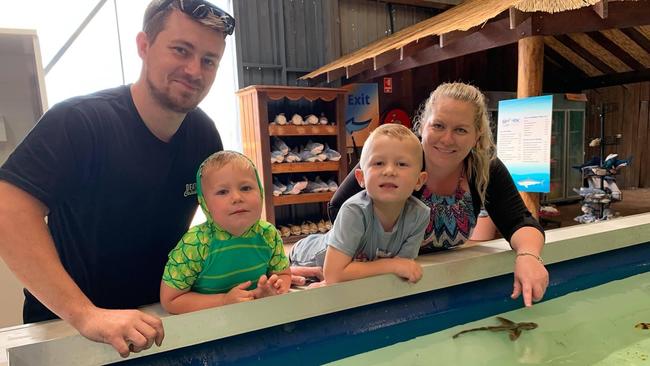
In 2018, Caitlin Makin’s four-year-old son was attacked on the family farm by a border collie-cross-kelpie.
It happened so quickly, the Central Coast mum of two said.
“I’d just put Lincoln on the ground beside me to get our littler child out of the car and the farm dog walked up and bit him on the face and knocked him on the ground. Luckily he had a broken arm at the time so he had a cast and he could protect his face,” she said.
“It happened really quickly and it was unprovoked and no reason for her to do that, maybe she was just a bit old and senile and she got frightened.”
Lincoln required plastic surgery at the Children’s Hospital Westmead with internal and external stitches.
“The dog bit through his nose,” she said.
Plastic surgery research trainee, Dr Ahmad Sulaiman, who will present the findings at the Royal Australasian College of Surgeons Annual Scientific Congress in Melbourne on Wednesday, said there was one child a week being admitted to hospital for a dog bite.
“There is a cost to the system but there is a physical cost to the children, a psychological cost being attacked by the dog. The financial cost of these cases is substantial, but many of these incidents also have a long-term psychological impact,” Dr Sulaiman said.
Originally published as Dog attacks: Warning as one child a week hospitalised due to dog bites




